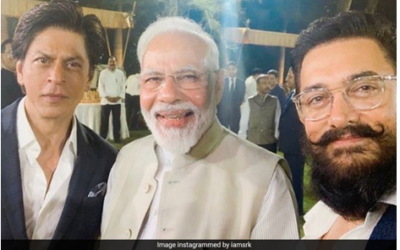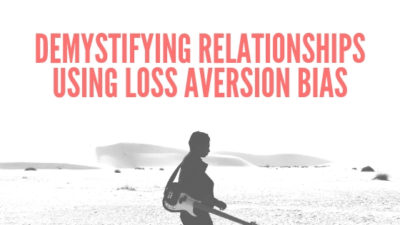Other
-

Am I Worried
Article talks about impact of Covid 19 on your portfolio...
-
-

Why Modi Inspires Me
Article talks about how leadership qualities of Modi can help entrepreneurs to achieve infinite success...
-

SIP is New Gandhi
How SIP is proving to be new Gandhi and helping us to attain financial freedom...
-
Budget that counts
Sitharaman's surgical strike on slowing economy can make a huge difference...
-
Budget of Bharat: Missed Opportunity?
First budget after the huge mandate: Missed opportunity or Long term vision...
-

Demystifying relationships using loss aversion bias
Why few relations sticks and few breaks, article tries to explain human behaviour using loss aversion bias...
-

God in us!
Short story that moved me from inside...
-

FY 18-19, Markets up but portfolios sulking
With new financial year starting this article talks about the reasons of portfolios not showing positive returns...
-

Lost Plot
Has Opposition lost the plot against Modi?...
12
Follow me